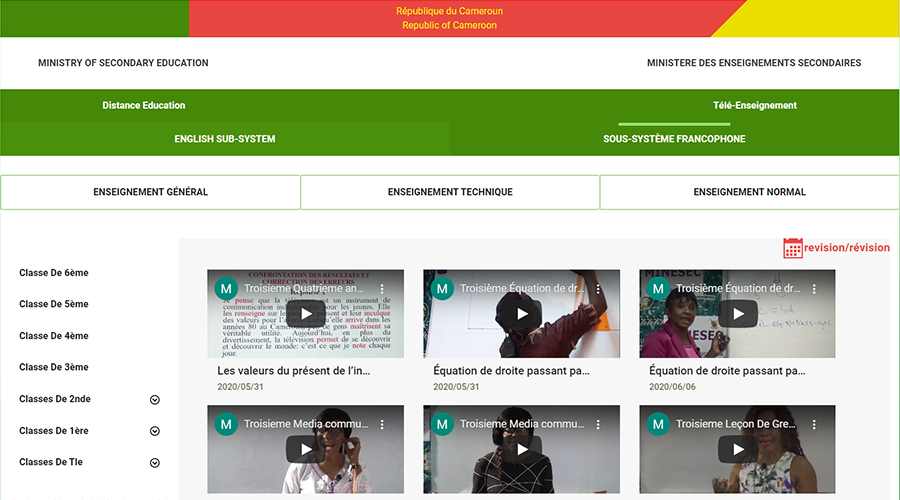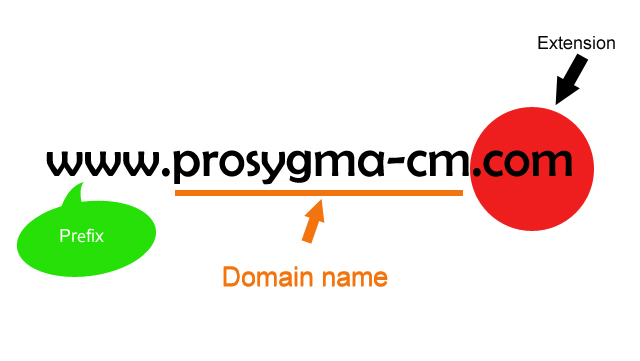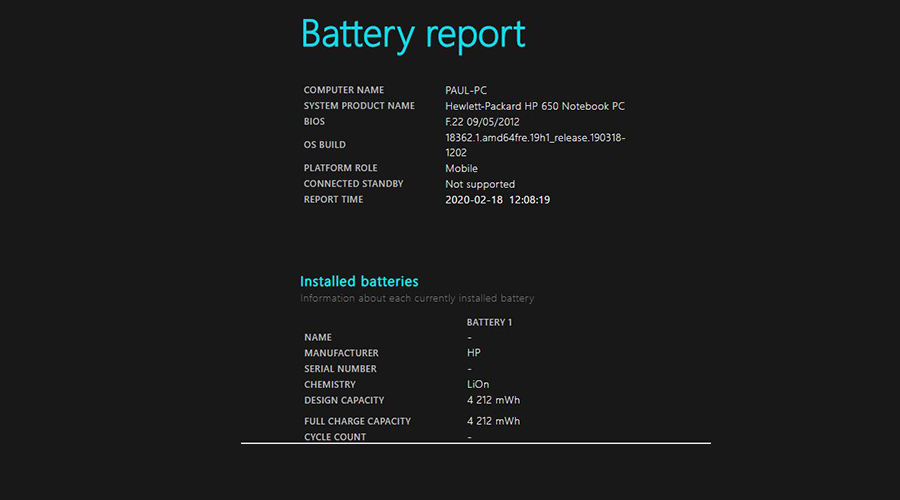
Congo Basin: Reflections on the financial impact of the decision to ban log exports from January 1, 2023
From June 6 to 10, a workshop was held in Libreville to validate the directives issued at the CEMAC level regarding taxation and forest certification.
Specifically, this workshop was held to prepare for the entry into force of the decision that puts an end to the export of logs in the six countries of the CEMAC region, namely Equatorial Guinea, Chad, CAR, Cameroon, Gabon and Congo.
The regional committee for the sustainable industrialization of the timber sector, made up of ministers from the countries of the sub-region, examined the normative framework and tools for local timber processing. This framework will be taken into account in the future finance bills of each State.
The aim of the discussions was to limit the decline in forestry tax revenues, because as we know, the timber sector is one of the main contributors to the GDP of most countries in the Central African region.
To this end, States are encouraged to implement a tax incentive that will promote the development of the local timber industry, as is the case in Gabon. Hence the proposal to suspend taxation on inputs and equipment needed for the industry for a limited period (3 to 5 years).
Two other projects were also taken into account, notably the one on the categorization of wood products and the industrialization strategy of the wood sector in the CEMAC zone.
The ball is now in the court of the forestry operators who will have to adjust their production circuit in order to comply with the various government measures.
Source: Gabonreview
Vanessa Ntoh








